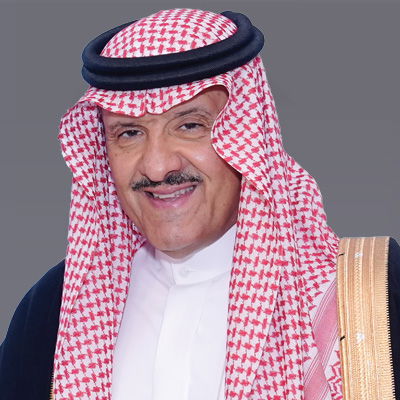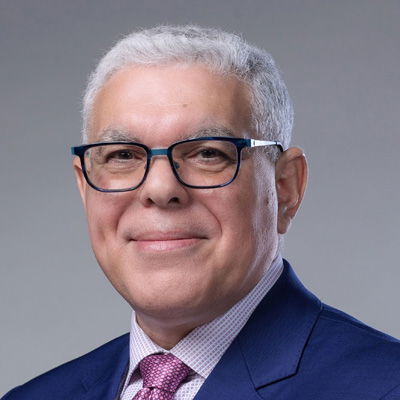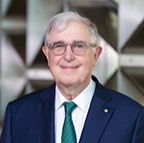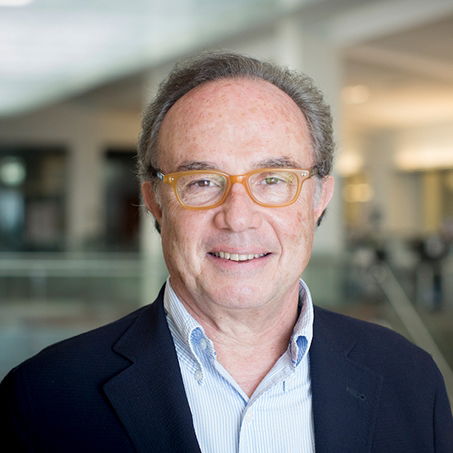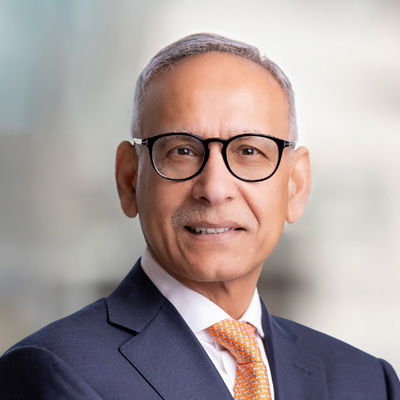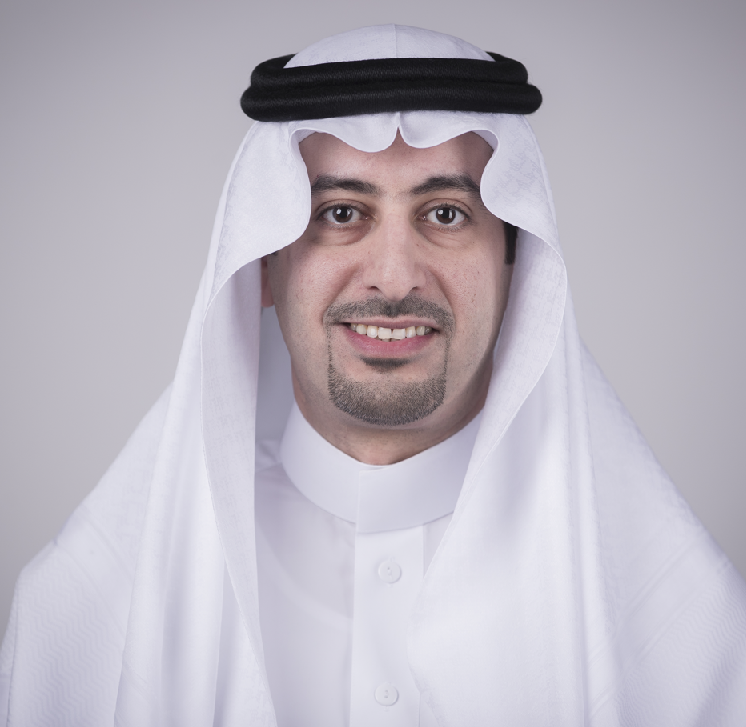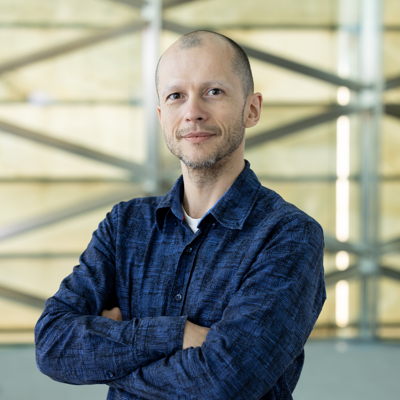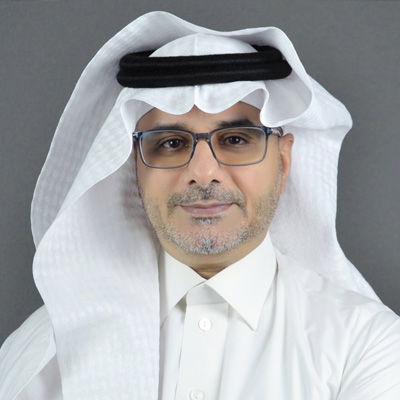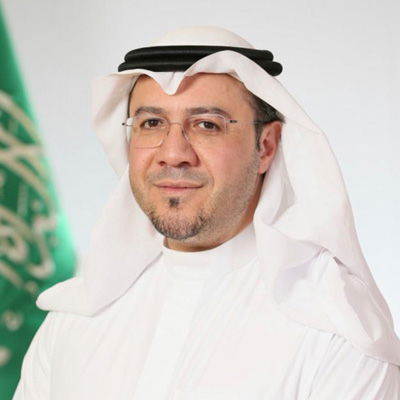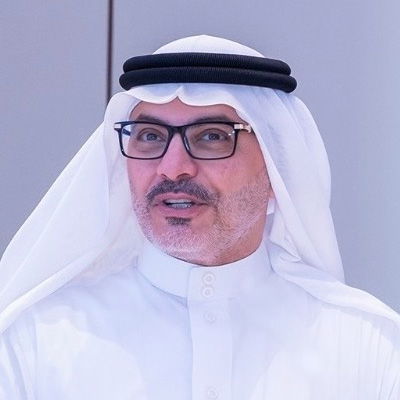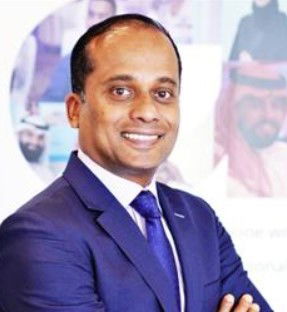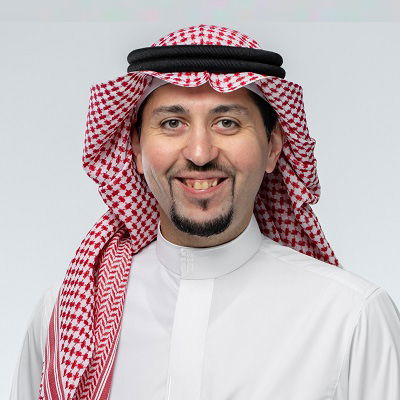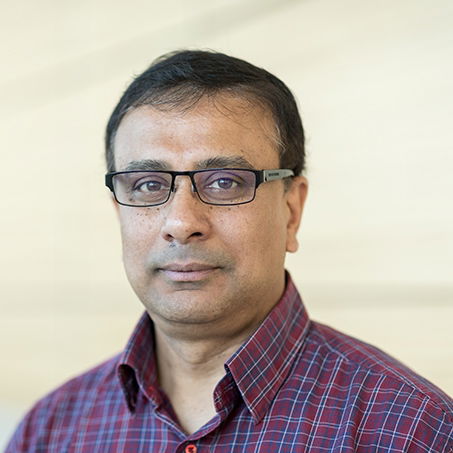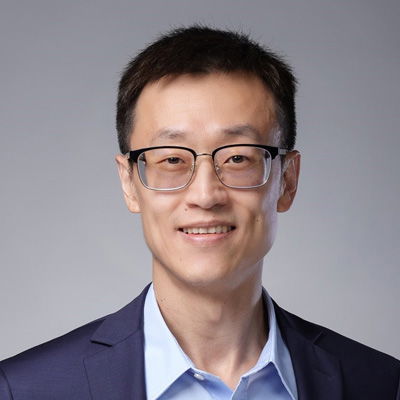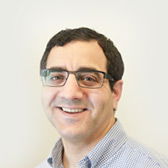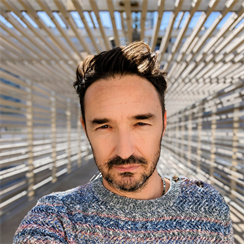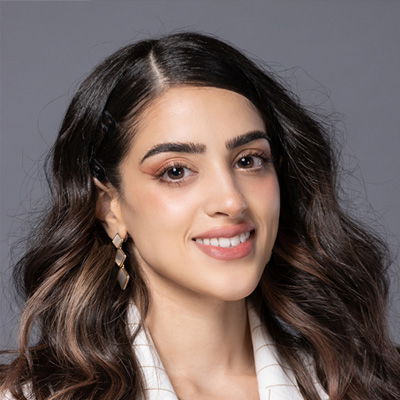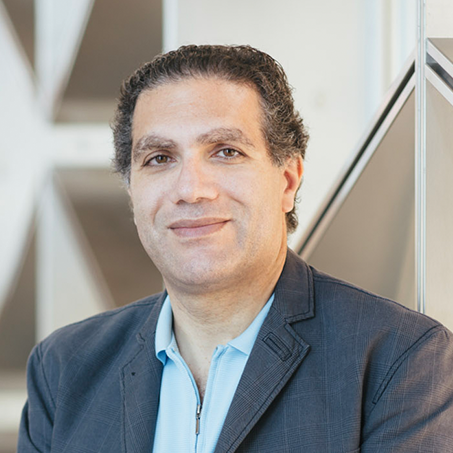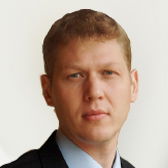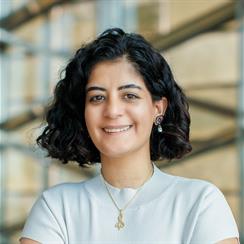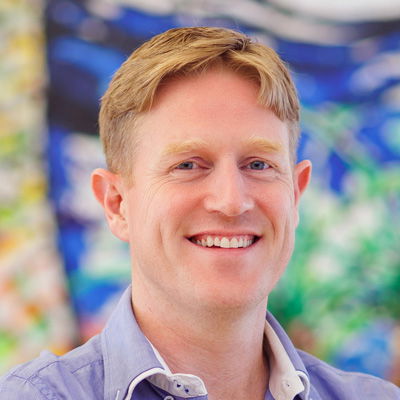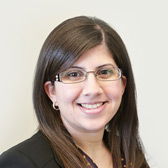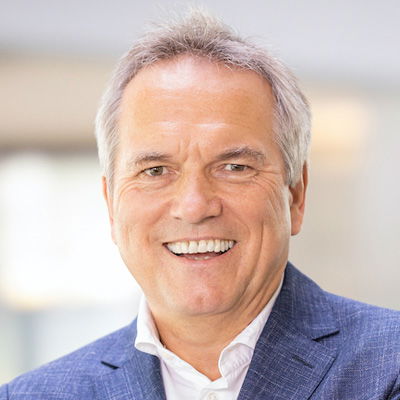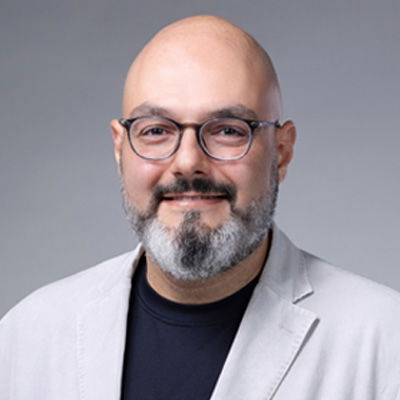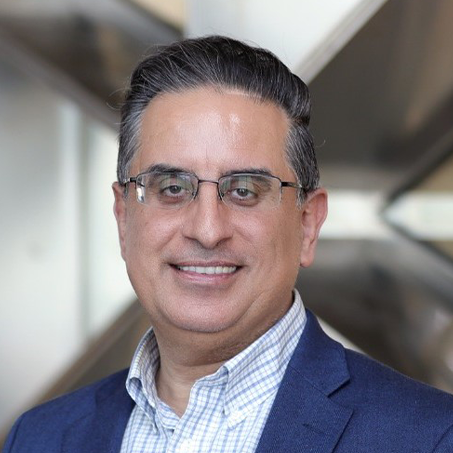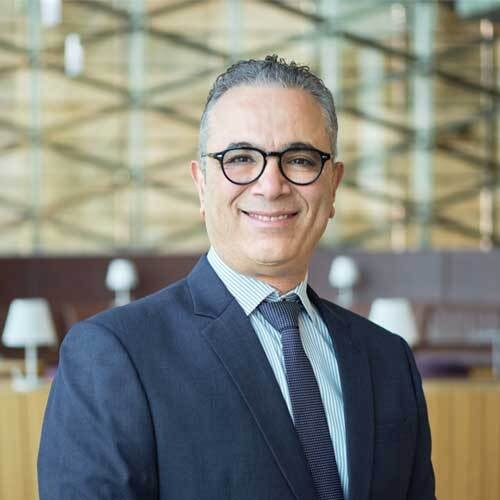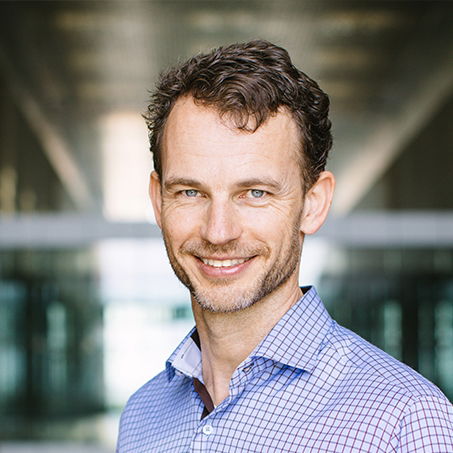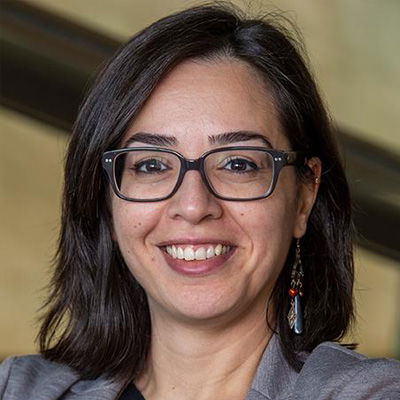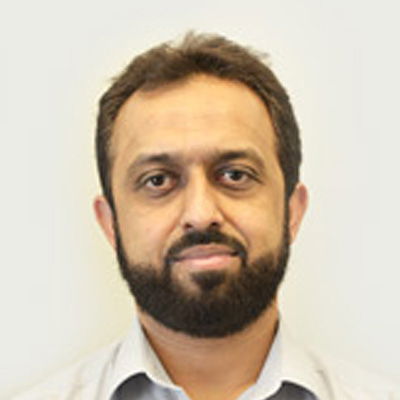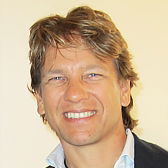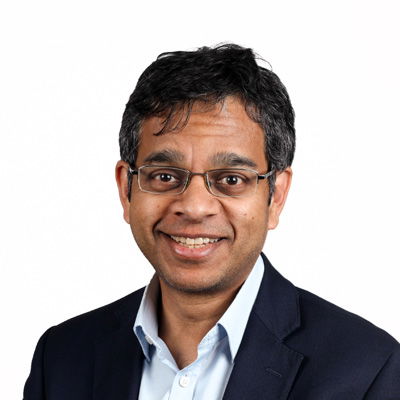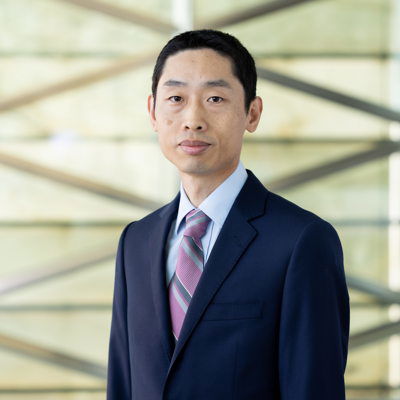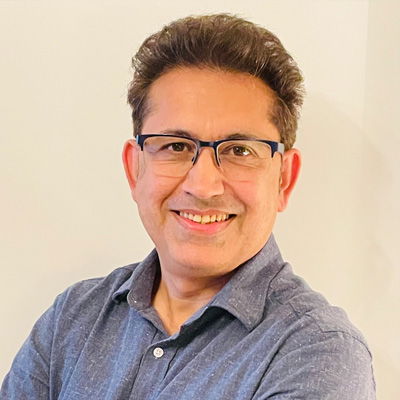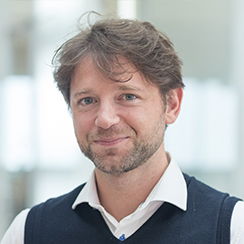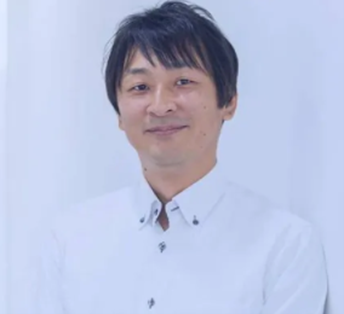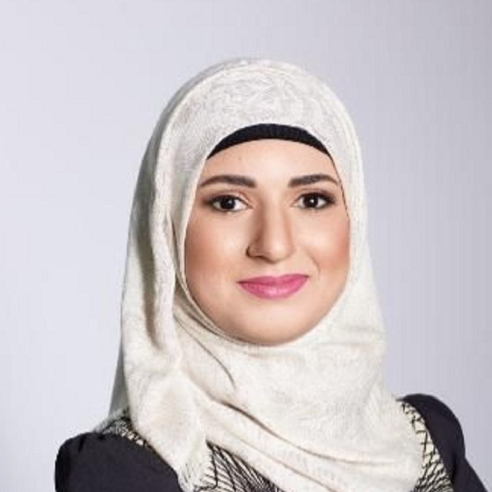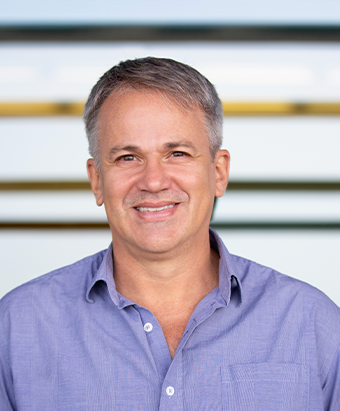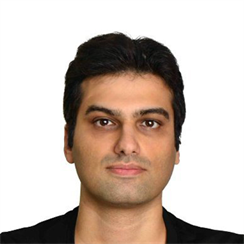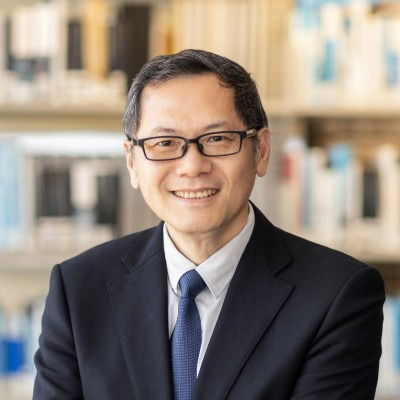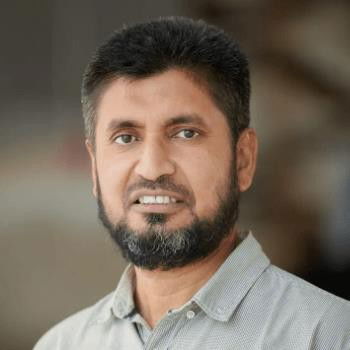Inaugural KCSH Conference:
Shaping the Future of Smart Health
ABOUT THE EVENT
The KAUST Center of Excellence for Smart Health (KCSH) is delighted to announce the Inaugural KCSH Conference: Shaping the Future of Smart Health, taking place on May 14 and 15, 2025, at the KAUST Library. This event will celebrate the achievements of the KCSH by showcasing the latest research in health and wellness of KCSH faculty members and providing a platform for high-level discussions on the future of health innovation.
This event will bring together faculty, researchers, strategic national stakeholders, regional healthcare sector entities, and key international stakeholders and experts to explore cutting-edge advancements in smart health and their impact on the future of healthcare in the Kingdom and beyond.
CALL FOR E-POSTERS:
Call for poster presentation is closed
AGENDA
08:30 - 09:00
09:00 - 09:20
09:05 - 09:10
09:10 - 09:15
09:15 - 09:20
09:20 - 10:20
09:20 - 09:50
09:50 - 10:20
10:20 - 11:00
11:00 - 13:00
11:00 - 11:30
11:30 - 11:45
11:45 - 12:00
12:00 - 12:10
12:10 - 12:20
12:20 - 12:30
12:30 - 12:40
12:40 - 12:50
13:00 - 14:30
14:30 - 15:50
14:30 - 14:40
14:40 - 14:50
14:50 - 15:00
15:00 - 15:10
15:10 - 15:20
15:20 - 15:30
15:30 - 15:40
15:40 - 15:50
15:50 - 16:10
16:10 - 17:00
17:00 - 17:10
08:30 - 09:00
09:00 - 10:50
09:10 - 09:30
09:30 - 09:40
09:40 - 09:50
09:50 - 10:00
10:00 - 10:10
10:10 - 10:20
10:20 - 10:30
10:30 - 10:40
10:40 - 10:50
10:50 - 11:10
11:10 - 11:30
11:30 - 12:30
11:30 - 12:00
12:00 - 12:10
12:10 - 12:20
12:20 - 12:30
12:30 - 12:40
12:40 - 14:00
14:00 - 15:30
14:00 - 14:20
14:20 - 14:30
14:30 - 14:40
14:40 - 14:50
14:50 - 15:00
15:00 - 15:10
15:10 - 15:20
15:20 - 15:30
15:30 - 15:40
SPEAKERS
His Royal Highness Prince Sultan bin Salman bin Abdulaziz Al Saud
Special Advisor to the Custodian of the Two Holy Mosques, Chairman of the Board of Trustees of the Non-profit King Salman Foundation, and Chairman of the Board of Trustees of the King Salman Center for Disability Research (KSCDR).
His Royal Highness Prince Sultan bin Salman bin Abdulaziz Al Saud is a prominent figure in Saudi Arabia, He obtained a Master's degree in Social and Political Sciences from the Maxwell School of Citizenship and Public Affairs at Syracuse University, USA, in 1999.
His professional career began as a military pilot in the Royal Saudi Air Force from 1405H to 1416H. He holds a civil aviation license from the Federal Aviation Administration (FAA) in the USA. He also served as an astronaut, participating in the Space Shuttle Discovery mission STS-51G in 1985.
Prince Sultan has held numerous official positions, including:
• Chairman of the Saudi Space Commission (2018-2021)
• Special Advisor to the Custodian of the Two Holy Mosques with the rank of Minister since 2021
• Chairman of the Board of Trustees of the King Salman Nonprofit Foundation since 2021
• Chairman of the Board of the Saudi Commission for Tourism and National Heritage (2008-2018)
He has also founded and chaired various initiatives and committees such as:
• King Salman bin Abdulaziz Initiative for the Care of National Heritage (2011-2018)
• Prince Sultan bin Salman Chair for Mosque Architecture at Imam Abdulrahman bin Faisal University (2017)
• Salman bin Abdulaziz Program for the Care of Cultural Heritage
Prince Sultan has been honored with numerous awards and medals from various countries and international organizations in recognition of his achievements and contributions in the fields of space, tourism, heritage, and disability. These include the King Abdulaziz Sash of the First Class, honorary doctorates from several universities, and global awards in tourism and heritage.
Dr. Mehmood Khan
Chief Executive Officer of Hevolution Foundation.
Dr. Mehmood Khan’s distinguished career has included several senior corporate roles, including Vice Chairman and Chief Scientific Officer of Global Research and Development at PepsiCo, and President of Global R&D Center at Takeda Pharmaceuticals.
Before moving into the private sector Dr. Khan was a faculty member in endocrinology at the Mayo Clinic and Mayo Medical School where he served as Director of the Diabetes, Endocrine and Nutritional Trials Unit. He also led programs in diabetes, endocrinology, metabolism, and nutrition in Minneapolis.
Dr. Khan is a member of the Board of Directors of Reckitt Benckiser and of the Saudi Research, Development, and Innovation Authority (RDIA), Executive Chairman of Life Biosciences, a member of the Saudi National Biotechnology Strategy Steering Committee, and past Chairman of the Visiting Committee on Advanced Technology of the United States’ National Institute of Standards and Technology (NIST).
Dr. Khan earned his medical degree from the University of Liverpool School of Medicine, England, and completed a fellowship in clinical endocrinology and nutrition in the Department of Medicine and Food Science and Nutrition at the University of Minnesota, Minneapolis. He is a Fellow of the Royal College of Physicians in London, a Fellow of the American College of Endocrinology, and an Elected Fellow in the Department of Pharmacology at University of Oxford.
Mr. Sami AlSager
Sami Alsager is holding a master degree in Health and Hospital Administration from King Saud University in 2007. He got his Bachelor degree in Pharmaceutical Sciences from the college of Pharmacy at King Saud University in 2002.
During his career in SFDA, he was appointed as a Director for couple of departments.
• Executive Director for Cosmetic Products Safety. During that period, he implemented the listing plan of cosmetic products in the cosmetic products listing system (eCosma) which acts as a database for all cosmetic products marketed in the country - October 2014.
• Vice President for Drug Affairs to be in charge for all regulatory activities related pharmaceutical and cosmetic products in SFDA -April 2017
• Vice President for Operation Sector to take over all SFDA functions related to licensing and inspection activities in addition to customer services activities - February 2018.
He was a member of the team who participated effectively in developing the regulatory infrastructure of SFDA in terms of setting the regulation and guidelines as well as the processes in the Drug Sector at the SFDA. He participated in many projects and committees such as:
• Developing the first draft of the Regulatory Framework for Drug Approvals.
• Reviewing the pricing guideline of pharmaceutical products.
• Developing the requirements for electronic systems such as:
- Saudi Drug Registration System (SDR)
- Establishment Licensing System
- Products Classification System
• Developing Products Classification Guidelines
• Developing the Executive Regulation of Cosmetic Law.
• Developing Gulf Veterinary products law and its Executive Regulation.
He has an article published in Pharmaceutical Medicine Journal, April 2015 about The Saudi Food & Drug Authority: Shaping the Regulatory Environment in the Gulf Region.
Dr. Abdullah bin Zarah
CEO of Prince Sultan bin Abdulaziz Humanitarian City (SBAHC)
With over 27 years of accomplished service across private, not-for-profit, and government sectors, primarily within healthcare, Abdullah has a strong track record of initiating and contributing to the development and implementation of strategic plans, organizational turnarounds, and transformations.
His academic credentials include a Master's in Public Health from Tsukuba University (Japan), Six Sigma Black Belt certification in Management and Strategic Performance Improvement, and recognition as an INSEAD Leadership Fellow. He has also completed the Executive Leadership Program at Harvard University (USA) and is currently pursuing a Doctorate in Strategic Planning and Organizational Psychology at Northampton University (London, UK).
Since joining Sultan Bin Abdulaziz Humanitarian City (SBAHC) in 2005, a world-class organization, Abdullah has served as its Chief Executive Officer and actively participates in numerous local and international boards and specialized committees, including the Sultan bin Abdulaziz Foundation, IMS University, and Planetree International.
Eng. Nizar Al Hariri,
Senior Advisor to the Minister of Industry and Mineral Resources
Over 30 Years of Experience in Industrial and Business Development sectors, including 20 years in the pharmaceutical manufacturing industry.
Served as the CEO of the first factory built in Saudi Arabia and the Middle East to produce Active Pharmaceutical Ingredients (APIs).
Held numerous of managerial positions, most recently as the CEO of the National Center for Industrial Development.
Currently serves as an advisor to the Minister of Industry and Mineral Resources for the development of the pharmaceutical, Biotechnology, Medical devices and equipment sectors.
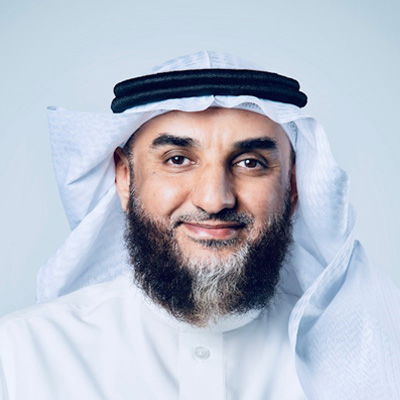
Dr. Abdullah M. Asiri,
Deputy Minister for Population Health, Ministry of Health (MoH) KSA
Dr. Mahmoud AlYamany
Dr. Mahmoud Al Yamany is a distinguished healthcare leader with extensive experience in strategy, governance, and operational excellence. He currently serves as the Sector Head for Health and Wellbeing at NEOM and holds multiple board positions, including Co-Chairman of the Western Healthcare Clusters. Formerly CEO of Riyadh Second Health Cluster and King Fahad Medical City, he is a board certified neurosurgeon in both the U.S. and Canada, with subspecialty training from the University of Toronto. Dr. Al Yamany earned his Master’s in Executive Health Administration from Washington University and serves as an adjunct professor at McGill University. He is known for his innovative leadership and commitment to advancing healthcare transformation in Saudi Arabia.
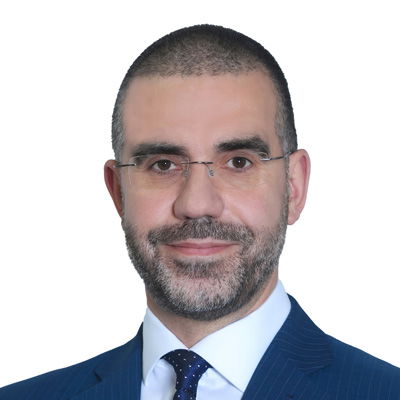
Dr. Petros Kotsidis
Chief Digital Officer, King Faisal Specialist Hospital &Research Centre (KFSH&RC)
Dr. Petros Kotsidis is a distinguished Chief Digital Officer (CDO) with extensive experience in driving digital transformation and data innovation within the healthcare and life sciences sectors. Renowned for his expertise in leveraging digital technologies to create value from data, Dr. Kotsidis has successfully led a variety of high-impact projects in healthcare, including AI/ML-driven predictive models, advanced digital analytics platforms, and the development of cutting-edge digital products that optimise clinical and operational outcomes.
Melvin joined Novo Nordisk in 1995 and has been instrumental in establishing Novo Nordisk as a trusted leader in diabetes care, obesity, hemophilia, and growth hormone disorder in various countries across Asia and Middle East.
In his distinguished career with Novo Nordisk spanning almost three decades, Melvin has held local & global leadership positions in Sales, Direct to Consumer, Marketing, and general management. Before taking over as the General Manager for Novo Nordisk India, he successfully established the Novo Nordisk business in Gulf and UAE. In 2019, he became Corporate Vice President and General Manager for Saudi Arabia affiliate.
Melvin has been leading various affiliates of Novo Nordisk since 2006. During his time in India, the business area grew more than 5 times and became one of the fastest growing pharmaceutical MNCs with a strong vision for the future. This transformation is defined by a unique patient centric business approach towards value creation and providing innovation for the benefit of key stakeholders. In 2013, Melvin was named International Operations Manager of the Year. Under his able leadership, Novo Nordisk India with its unique learning and collaborative culture has also been recognized as one of the top employers in the MNC pharmaceutical space and has received numerous accolades for its commitment towards society and environmental stewardship.
As Corporate Vice President & General Manager of Novo Nordisk Saudi Arabia, Melvin's dedication, energy, and strategic thinking have led to significant achievements. He has shifted operations from distributor to Trading Entity in short span of 1.5 years, significantly impacting patients to access with localized products. His leadership has driven consistent double-digit growth, resulting in the organization being recognized as ‘best place to work’ in Saudi Arabia since 2019 and 1st ‘best place to work for women’ in the kingdom.
Melvin was a graduate in Pharmacy from JSS College, a Postgraduate in Pharmaceutical Management from COPS, Manipal and a Postgraduate in Business Management from ALBA, Greece.
Dr Essam Tawfik
Dr Essam Tawfik is the General Manager of Advanced Diagnostics and Therapeutics Institute in the Health sector at King Abdulaziz City for Science and Technology (KACST), Riyadh, Saudi Arabia. He was a consultant at DVS Pharmaceuticals as the GCC Medical Lead to introduce a new vaccine in the Kingdom and the GCC, and a former assistant manager of the monitoring office for scientific affairs in the Saudi Arabia National Committee of Bioethics at KACST.
Dr Tawfik is one of the few researchers to work in tissue engineering in Saudi Arabia, using electrospinning technology to manufacture drug-loaded nanofibrous scaffolds. Essam has published 3 patents, more than 50 articles and 3 book chapters since his PhD award in 2019. He holds a PhD in Pharmaceutics from University College London - School of Pharmacy, and has more than a decade of experience in Pharmaceutics and is passionate about different drug delivery technologies.
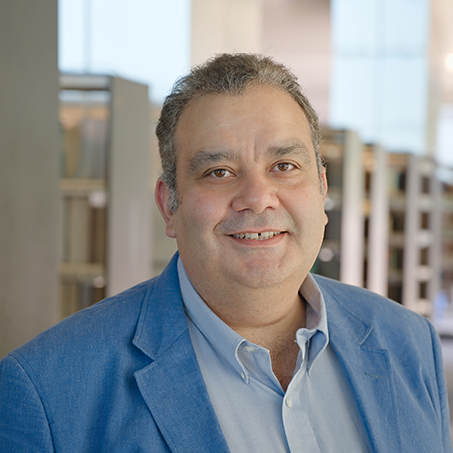
Prof. Ahmed Eltawil,
Prof. of Electrical and Computer Engineering, Associate Dean for Research, CEMSE, KAUST
Dr. Paul O’Callaghan
Manager of the Family and Child Support Center
Dr Paul obtained a teaching diploma from University College Dublin and his doctorate in Education, Child, and Adolescent Psychology from Queen’s University, UK in 2012. After qualifying, he worked as an educational psychologist for four years in the largest local Education Authority in the UK before moving to work as the School Psychologist at The KAUST School. His research interests include learning needs and mental health, and he has authored and co-authored papers in the journals of Child Psychology and Psychiatry, The Lancet Global Health, and Dyslexia. He has advanced training in administering developmental, psycho-educational, and autism assessments. Paul is a trained PACT (Autism) and Orton-Gillingham (Structured Literacy) therapist. He manages the Family and Child Support Center – which offers intervention support to around 200 children every year. He lives in King Abdullah University of Science and Technology with his wife and three children
Matthias Hentze
Matthias Hentze is currently the Director of the European Molecular Biology Laboratory (EMBL). Following medical studies in Germany and the UK, and his qualification as a medical doctor, he obtained his postdoctoral training at the NIH (USA) in the late 1980s, when he and his colleagues discovered “iron-responsive elements” as the first mammalian regulatory elements in mature mRNAs. After two decades of elucidating mechanisms of RNA regulation by RNA-binding proteins, recent work by the Hentze group has uncovered hundreds of new RNA-binding proteins, including many metabolic enzymes. Supported by an ERC Advanced Grant and other funds, their current work uncovers new roles of RNA in riboregulation and elucidates connections between metabolism and gene regulation. Prof. Hentze is a co-founder of the MMPU, a joint interdisciplinary and translational research unit of the Medical Faculty of Heidelberg University and the EMBL, which bridges between medicine and molecular biology. Matthias Hentze’s research contributions have been recognized in numerous ways including Germany’s most prestigious scientific award, the Gottfried Wilhelm Leibniz Prize in 2000, the 2007 Lautenschläger Research Prize of Heidelberg University, and the 2015 Feodor Lynen Medal of the German Society for Biochemistry and Molecular Biology. He is also the 2020 recipient of the Lifetime Achievement Award of the RNA Society and the 2023 recipient of the Centenary Award of the Biochemical Society. He received an honorary doctorate by the Australian National University in Canberra, and is an elected member of the European Molecular Biology Organisation (EMBO), the German Academy of Sciences Leopoldina, and the Academia Europaea. In 2016, he became the first German scientist elected as a Corresponding Member of the Australian Academy of Science, and in 2018 he was elected into the American Academy of Arts and Sciences as an International Honorary Member. He was a co-founder of Anadys Pharmaceuticals (San Diego) and serves on numerous international scientific advisory and editorial boards. In 2020, he initiated the Environmental Research Initiative and Fund at EMBL. Prof. Hentze is the recipient of the Otto Warburg Medal 2025 of the Society for Biochemistry and Molecular Biology.
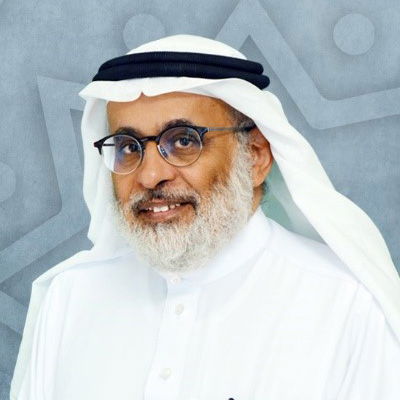
Dr. Khalid Al-Rubeaan
Director, Research & Scientific Center, Prince Sultan Bin Abdulaziz
Humanitarian City (SBAHC)
Dr. Khalid Al-Rubeaan,
Director, Research & Scientific Center, Prince Sultan Bin Abdulaziz Humanitarian City (SBAHC)
A Full Professor of Endocrinology and Internal Medicine, working currently as Director of Research and Scientific Center at Sultan Bin Abdulaziz Humanitarian City. Former Head of University of Diabetes Center and the Strategic Center for Diabetes Research. A Part-time WHO consultant for Regional Office for the Eastern Mediterranean region (EMRO) and the chairman of board of trustee and founder of Diabetes Science International Foundation, Basal, Switzerland. He is Editor-in-Chief for International Journal of Diabetes Mellitus and Al-Sukhari Magazines (مجلة السكري).
Prof. Al-Rubeaan published scientific books in both English and Arabic language and chapters in medicine, genetic, medical Bioinformatics and diabetes different fields. He published more than 150 scientific papers and was recognized to be one of the top 2% Career-long Citation Scientist in the world Ranked List by Stanford University in 2022. He was also awarded the King Saud University Award for Scientific Excellence in 2018 and the Riyadh Book Fair for the best medical books in 2017. He was also awarded the King Abdulaziz City for Science & Technology (KACST) BADIR award 2013 and received Novo Nordisk Research Merit Award in Diabetes in 2002. Professor Al-Rubeaan was given the Arabian Award for Diabetes Education 2001.
Siddharthan Chandran
Director of the UK MRC Dementia Research Institute
Siddharthan Chandran is Director of the UK MRC Dementia Research Institute. He graduated from Southampton Medical School, trained in neurology at Queens Square, UCL and Cambridge where he also undertook a PhD in developmental neurobiology. He holds the MacDonald Chair of Neurology, at the University of Edinburgh, is Professor of Neurology at University College London, and Visiting Faculty at the Centre for Brain Research, Indian Institute of Science, India. He is best known for his work in motor neuron disease (MND) and multiple sclerosis (MS). His work encompasses the use of human induced pluripotent stem cells to identify cellular phenotypes of neurodegenerative diseases (NDDs) as well as pioneering innovation in multi-arm, multi-stage platform trials for NDDs. He is a Fellow of the Royal Society of Edinburgh and the Academy of Medical Sciences.
Dr. Nabeel Goheer
Nabeel is a seasoned leader in emerging technologies, complex ecosystems, and societal transformation. Presently, he is the Vice President of PATH - a Seattle-based enterprise in global health. Earlier, he was a multilateral diplomat with the United Nations and Commonwealth systems, and last served as an Assistant Secretary-General. In addition to his executive role, he sits on the governing boards of Middlesex University, the Royal Overseas League, and the Foundation of Appropriate Technologies in Health, Switzerland. Furthermore, he is a Health Executive in Residence at the UCL Global Business School for Health; a member of the World Economic Forum’s Ai Resilient Governance and Regulation group; and a leadership resource for the UN System Staff College in Italy. Nabeel also mentors technopreneurs from Harvard and MIT Universities, Ignyte Dubai, as well as Commonwealth countries. He is an engineer, holds M.Phil. in Technology Policy, and Ph.D. from the Judge Business School of University of Cambridge.
Dr. Hideaki Shimada, CEO and Research Head, Chugai Pharmabody Research Pte. Ltd.
Dr. Shimada joined Chugai Group in 2010 and has more than 20 years of experience in the pharmaceutical industry. He led several antibody and small molecule projects in the areas of immunology, fibrosis, cancer, or metabolic diseases. Prior to joining Chugai Group, he held various positions in Pfizer.
KAUST Centers of Excellence
KAUST Launches Four Pioneering Centers of Excellence to Address Key National and International Priorities
KAUST CORE LABS
KAUST hosts a wide range of sophisticated instruments and world-class facilities that students can access, including the Prototyping and Product Development Core Lab, and laboratories involving robotics and embedded systems, sensors, intelligent autonomous systems and biotechnology. Specific labs will be identified based on the curriculum and individual projects.
KAUST IMPACT
KAUST Impact Summer 2024, the latest edition
of the magazine.
KAUST IMPACT
A NEW ERA FOR KAUST
Our unrelenting commitment to research, innovation and talent has seen KAUST establish itself as one of the leading research universities in the world, ranking #1 for citations per faculty globally, with a reputation for impact-driven research that contributes to the betterment of the world. This new era of KAUST builds on our many successes, achievements and strong foundations, and our new strategy represents an evolution that brings us closer to the interests of the Kingdom.
CONTACT US
King Abdullah University of Science and Technology (KAUST)
4700 King Abdullah University of Science and Technology
Thuwal 23955-6900
Kingdom of Saudi Arabia
Follow us on Social media:


